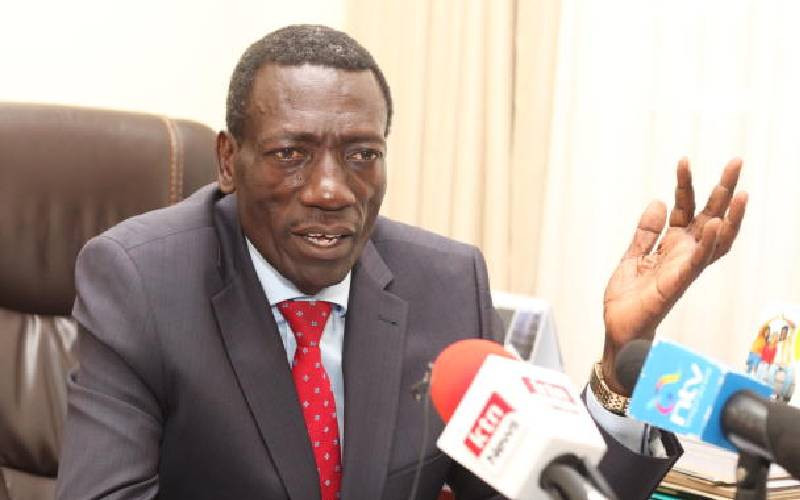×
The Standard e-Paper
Fearless, Trusted News

Self-regulation in any profession requires that government acknowledges that a profession's membership has specialised knowledge to govern themselves and address its regulatory functions. A self-regulating organisation licenses her members to practice and maintain standards of competency and professional conduct.
The main purpose of professional self-regulation is to ensure that consumers of the services of that profession are protected from the unskilled or unethical practice .